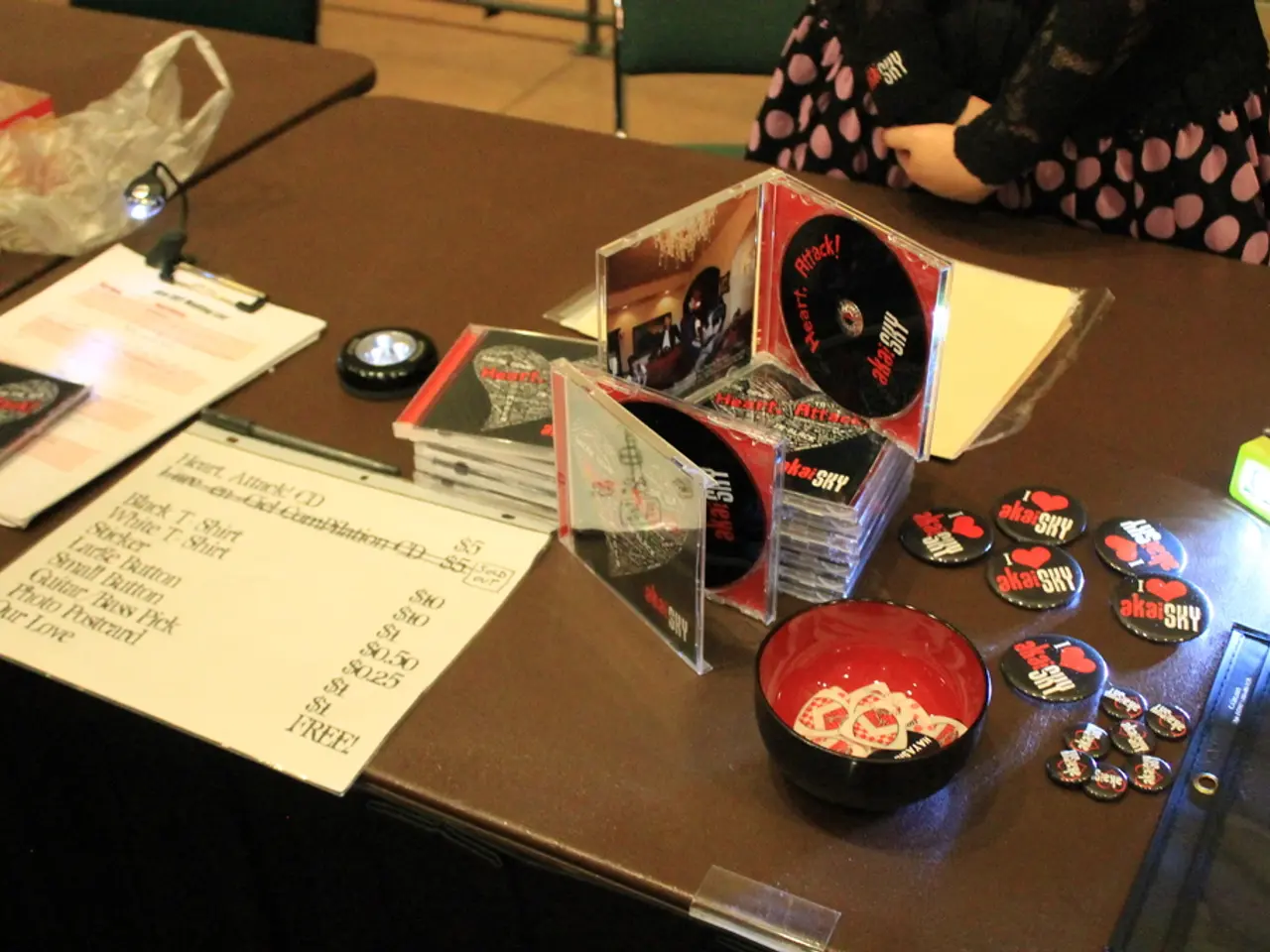A Tale of Rise and Fall: Benitago's Bankruptcy Saga
Amazon's sub-brand incubator, Benitago, petitions for bankruptcy protection.
In a surprising turn of events, Benitago, the brand acquisition powerhouse on Amazon, faced financial turmoil and filed for Chapter 11 bankruptcy on Wednesday, as per court filings with the Southern District of New York.
The company enjoyed a meteoric rise during the early stages of the COVID-19 pandemic, experiencing a period of "rapid growth." However, as consumer preferences shifted, Benitago encountered a "rapid and dramatic reversal of fortune due to macroeconomic forces," causing e-commerce growth to stagnate. This is according to a Thursday declaration filing from CEO and co-founder Santiago Nestares Lampo.
Third-party brands acquired at the height of the pandemic using certain loans have "failed to perform at a level consistent with the valuations they were purchased at." The company hopes that filing for bankruptcy will enable it to right-size its business for the current market, potentially sell parts of its business, and refocus on Organic brands (in-house developed brands).
Established by Benedict Dohmen and Santiago Nestares Lampo in 2015, Benitago's bankruptcy serves as another stark reminder of e-commerce's unpredictable growth and decline throughout the pandemic.
"Although the Debtors experienced steady profitable growth during their formative years and explosive growth during the early pandemic, by the beginning of 2022 it was apparent that such growth, and the capital structure that fueled it, was not sustainable," Nestares Lampo stated. "Thus, a comprehensive restructuring is required."
Initially developing its first brand from a dorm room at Dartmouth College, Benitago now offers nearly 1,000 products across dozens of "hyper-optimized" brands, spanning diverse categories such as home goods, beauty, nutrition, maternity, and more.
Benitago's estimated assets and liabilities fall between $50 million and $100 million. The company has appointed Thomas Studebaker, an advisor from Portage Point Partners, as its chief restructuring officer.
Benitago ventured into acquiring Inorganic (or third-party developed brands), accumulating "substantially all of the inventory" aside from a portion of inventory provided to wholly owned subsidiaries of Acrux LLC, another subsidiary of Benitago.
Acrux and Acrux Subsidiaries collectively own the intellectual property related to 15 brands and sell more than 300 products. Meanwhile, Benitago holds the intellectual property for Amazon merchant accounts and inventory related to its in-house developed brands.
Through the bankruptcy proceedings, Benitago continues to finance Acrux and Acrux Subsidiaries to ensure uninterrupted operation until the conclusion of the sale process. Benitago's brands operate using Amazon's Fulfillment By Amazon service, allowing it to outsource fulfillment operations.
The bankruptcy comes about two years after Benitago secured a whopping $325 million in a Series A funding round. This round was led by asset management firm CoVenture and included participation from HSBC U.K. Benitago had previously raised $55 million in 2021, adding to its total funding of $380 million.
In 2021, investments flooded into Amazon brand acquisition and incubator businesses. The same year, aggregator D1 Brands raised $123 million in a Series A, with CoVenture's participation, and Forum Brands raised $100 million in debt financing through a partnership with TriplePoint Capital.
[1] It's worth noting that the search results do not provide a direct explanation for Benitago's bankruptcy. However, it's possible that companies like Benitago, which acquire Amazon brands, have faced challenges such as declining funding, increased competition, higher operational costs, and decreased market demand, leading to financial difficulties and bankruptcy filings.
Disclaimer: This article presents information with an informal, approachable, and straightforward style, although it occasionally incorporates relevant insights from enrichment data, ensuring they enhance the text without dominating it.
- The financial difficulties faced by Benitago, a brand acquisition powerhouse on Amazon, might have been influenced by various factors such as declining funding, increased competition, higher operational costs, and reduced market demand due to the pandemic and subsequent economic shifts.
- Amidst the pandemic and macroeconomic forces causing e-commerce growth to stagnate, Benitago is seeking to refocus its business by filing for bankruptcy, right-sizing its business, selling parts of it, and refocusing on Organic brands (in-house developed brands).
- Despite securing substantial funding and investments in the past, Benitago's bankruptcy filing could indicate that AI, finance, and investing in e-commerce, including the acquisition of Amazon brands, might not always guarantee sustainable growth and financial stability.




